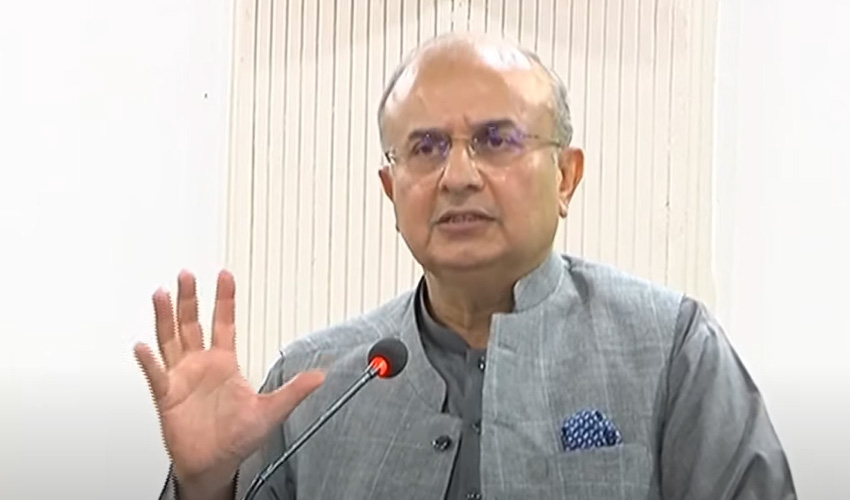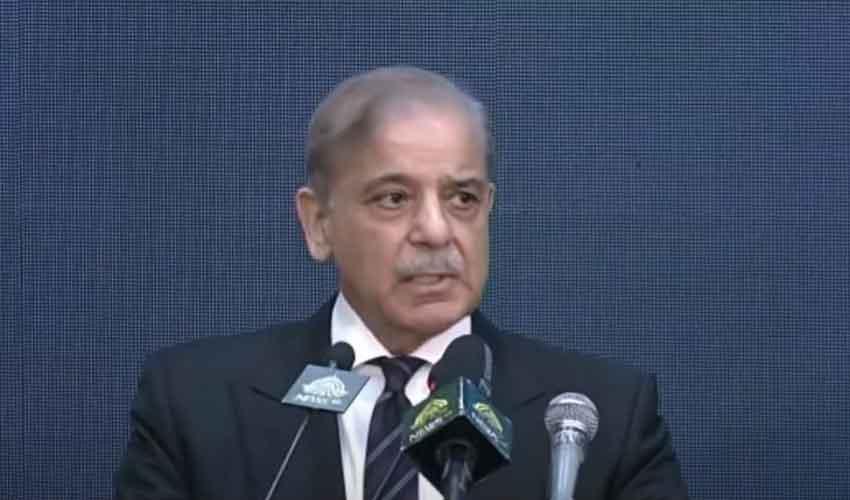Senior Judge of the Supreme Court of Pakistan Justice Mansoor Ali Shah on Tuesday stressed the role of negotiation and communication in the development of institutions.
Addressing a two-day workshop for District and Sessions Judges in Islamabad, the next chief justice-to-be highlighted the challenges faced by the judiciary, noting that Pakistan's litigious society has contributed to a rising number of unresolved cases.
"We currently have only 4,000 judges available to manage this overwhelming caseload, and the number of pending cases continues to grow due to the influx of new filings," he remarked.
To tackle this pressing issue, Justice Shah proposed the implementation of Alternative Dispute Resolution (ADR) as a practical solution.
"ADR is not rocket science; it is the easiest way to reduce litigation," he stated, advocating for the establishment of ADR centers at the district level. He explained that these centers would facilitate the transfer of pending cases, enabling them to be resolved more swiftly and effectively.
Justice Shah underscored that cases can be processed more efficiently in ADR centers, ultimately providing faster justice for citizens.
"We must embrace ADR to alleviate the burden on our courts and enhance the overall efficiency of the judicial system," he added.
In his remarks, High Court Judge Justice Mohsin Akhtar Kayani stressed the necessity of effective communication among judges, warning against crossing ethical boundaries that could lead to perceptions of bias.
"Judges must maintain impartiality in their decisions and interactions," he advised.



























